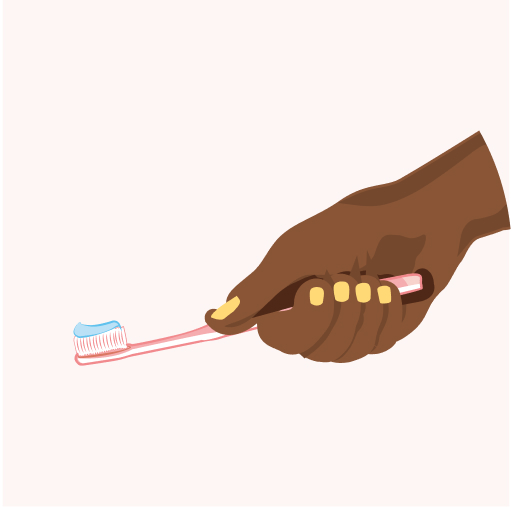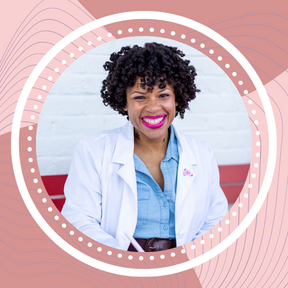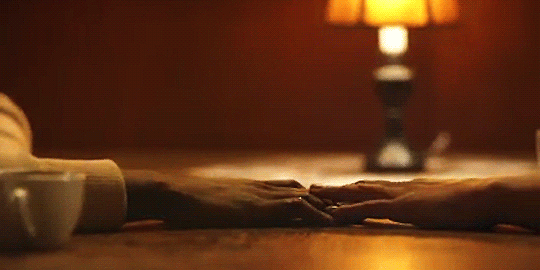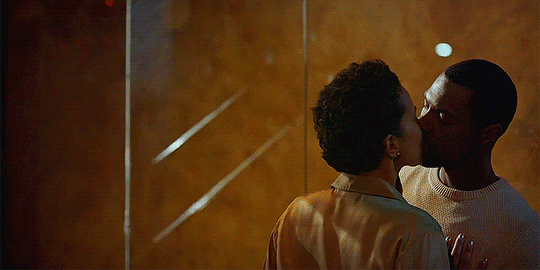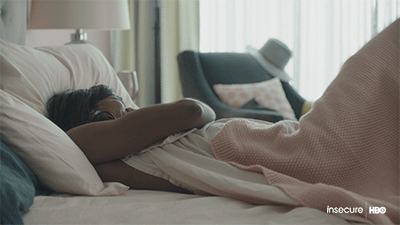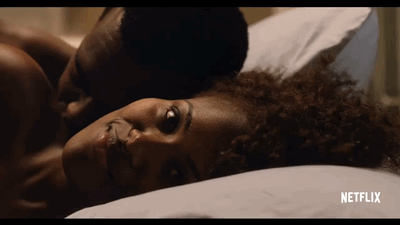
Don’t Get Burned This Summer
Summer is the perfect time for relationships, whether you’re single and searchin’ or dating casually; this time of year loosens your inhibitions to try new things including some Nexflix and chill. But before you jump into an uncomplicated, no-strings-attached “hook up”; be sure you know a little somethin’ about bae’s history with sexually transmitted diseases (STD).
Mood killer? Maybe, but in this day and age gurl, it’s totally necessary. Seriously; there are nearly 20 million new STD cases each year; half of which occur among people ages 15 to 24 years old. Yes gurl, it’s real in these streets!
As a sexual health nurse, I’ve had to make my fair share of phone calls to young women breaking the news that their “f–kboy” has given them an infection. But this doesn’t have to happen to you. Here are a few tips to stay safe and protect yourself from STDs this summer.
What’s an STD again?
Sexually transmitted diseases are passed from one person to another through oral, anal or vaginal sex. These infections are caused by bacteria, viruses, or parasites that grow in or on your body. But to keep it all the way 100, many people don’t display any signs or symptoms of infection, or they may only have mild symptoms that are easily ignored.
Scary right?
Most STDs are treatable but others such as herpes, HIV, or AIDS aren’t curable but their symptoms can be controlled with medication.
Know your status.
Ok, so before “hooking up” with your summertime cutie it’s important to know about your own sexual health. Every year more than 9 million women are diagnosed with an STD and the truth is women often experience more serious complications from these infections including infertility #uterusbeforeduderuses.
The best way to protect yourself is to be tested for the most common infections like chlamydia, gonorrhea, and HIV. If you’re horrified by the thought of asking your doctor for a test, use this search tool to help find a free or low-cost clinic offering screenings in your own neighborhood. No excuses boo!
Condoms…never leave home without them.
If sex is in the plans this summer make you have your own supply of latex condoms on hand. Even though no method of protection is 100 percent, with proper and consistent use, condoms can greatly reduce your risk of catching something this summer.
Don’t believe me?
A 2004 research study showed that people with known exposure to gonorrhea or chlamydia decreased their odds of getting these infections just by using condoms consistently #safesex.
Bottom line- use a rubber every time.
In order to maximize protection, remember to:
- Use a condom every time you have sex
- Check the expiration date; you never want to use an expired condom
- Always store your condoms in a cool, dry place.
- Always check for tears or defects in your condoms
- Remember to only use latex or polyurethane condoms
- Remember to only use water-based or silicone-based lubricant to prevent the condom from breaking
You can pick up your rubs’ from your local pharmacy, grab a couple from your doctor’s office, or if your budget is tight you can always find a local organization offering them for a minimal or no cost.
Keep the number of partners in check.
Lastly, it’s best to limit your number of partners. Listen, bae has a sexual history of his own and the more partners that you or your boo have had, the higher your risk of catching an unwanted infection.
Have safe sex this summer.
Longer summer days mean more patio parties, happy hours, and opportunities for romance. Even if your summer fling is short-lived, ensure that bae hasn’t left you with an unwanted gift by practicing safe sex. Trust me, nobody’s health is more important than your own.





